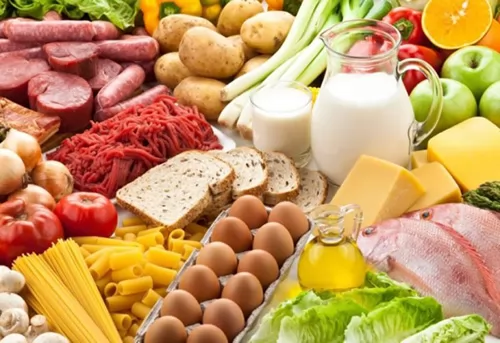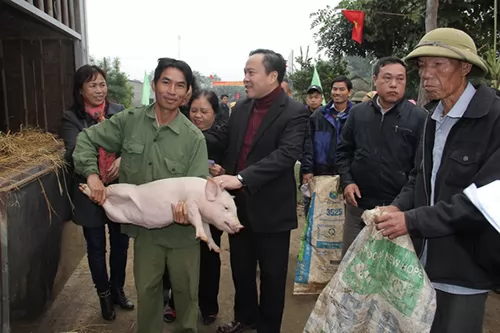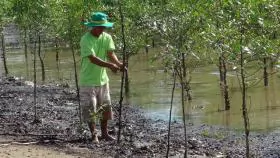New sandfish farming model to be replicated

Breeding sandfish and babylon snails at an experimental farm at the Research Institute for Aquaculture No. 3 in Khánh Hòa Province. VNA/VNS Photo Phan Sáu
KHÁNH HÒA — The south-central coastal province of Khánh Hòa has successfully farmed sandfish with other aquatic species under a new model developed by the Research Institute for Aquaculture No 3 under the Ministry of Agriculture and Rural Development.
Previously, farmers caught sandfish in the wild, where the stock is now declining. Sandfish have high nutrient value and are in high demand for food and medicine.
The research institute in the province's Nha Trang City, however, was able to produce sandfish juveniles that can be used for commercial purpose. They can now be farmed in ponds or in the sea using seabed cages, covers and pens.
The model will be expanded to other parts of the country, according to Nguyễn Đình Quang Duy, deputy head of the institute.
“Sandfish farming techniques are simple, require less tending and low investment,” he said.
The institute early this year instructed farmers in the province to breed sandfish with shrimp or babylon snails.
The polyculture model has been effective as sandfish eat organic waste on the pond floor, creating a clean environment for other aquatic species in the pond.
Đồng Văn Hải in Vạn Ninh District’s Vạn Hưng Commune said he had been successful cultivating sandfish, babylon snails and sea grapes under the polyculture model.
Sandfish juveniles can reach a market size of 250-300 grammes each after eight to 10 months of breeding, and the survival rate at market size is about 80 per cent.
Sandfish and babylon snails are suitable for breeding in the south-central coastal region. Sandfish have the highest value and dried sandfish can be purchased for US$200-400 a kilogramme.
Khánh Hòa is considered the aquaculture hub of the south-central region. It has a long coast, clean seawater, acceptable saline level for aquaculture, little temperature changes between seasons, and many bays and islands. — VNS
Maybe you are interested

Trà Vinh households plant forests to prevent coastal erosion, earn money
TRÀ VINH - Households in the Cửu Long (Mekong) Delta province of Trà Vinh have been planting protective forests in coastal areas to prevent erosion and earn a living for a number of years.

Việt Nam develops modern supply system for farm products
Việt Nam is working to develop a system of modern agricultural product supply centres to promote the consumption of farm produce, enhance food safety and hygiene and improve the competitive edge of Vietnamese goods.

Delivery pig for poor farmers at Tan Ky district, Nghe An province.
(VNFU Website) – In December 26, 2015, Today Rural Newspaper in collaboration with Hanoi Charity Heart Association directly awarded young pigs for 50 poor farmers at Tan Hop commune.





